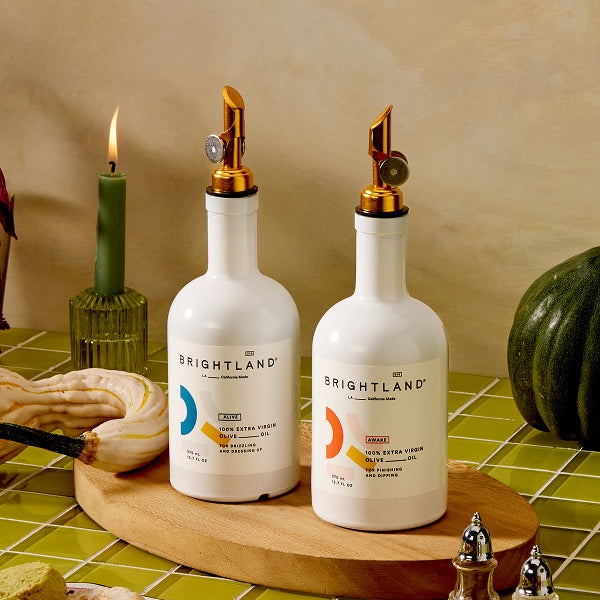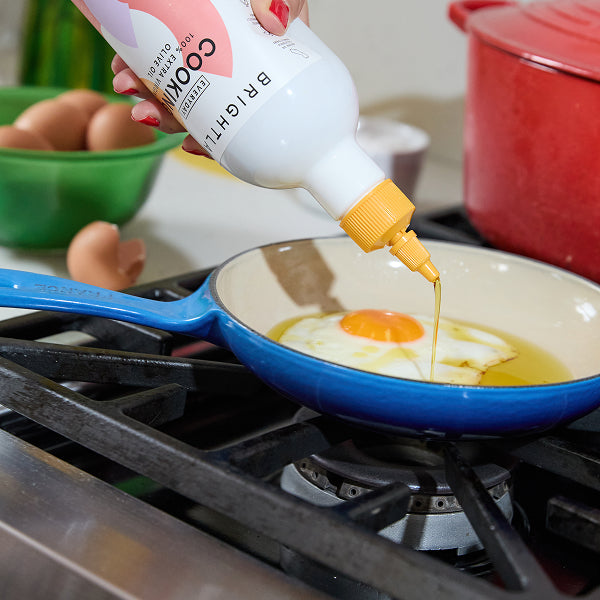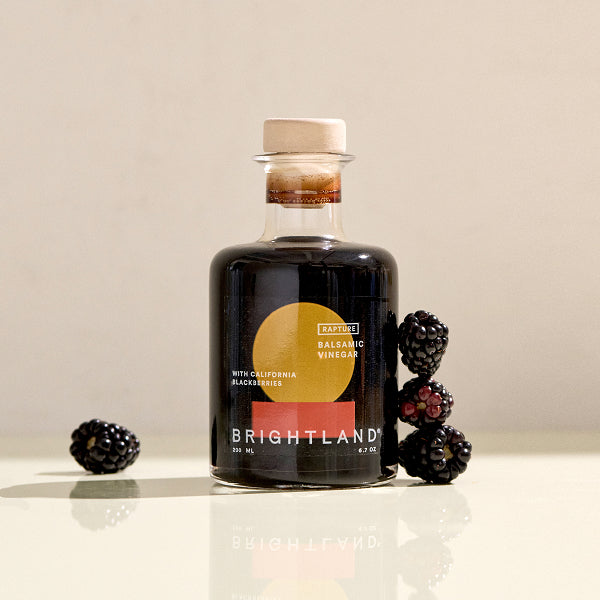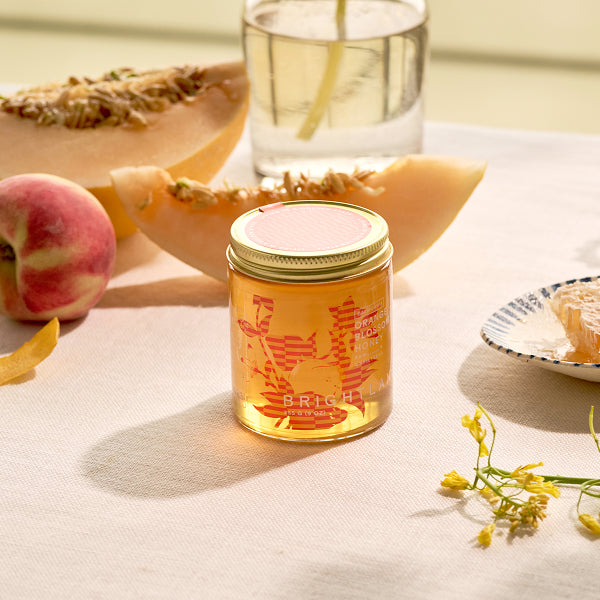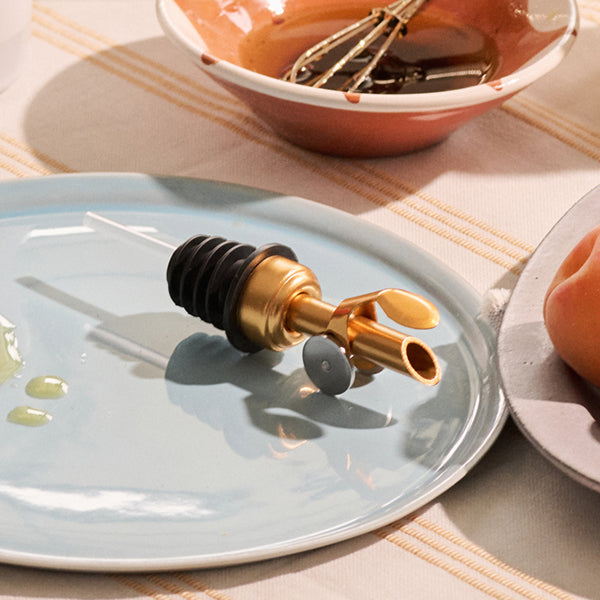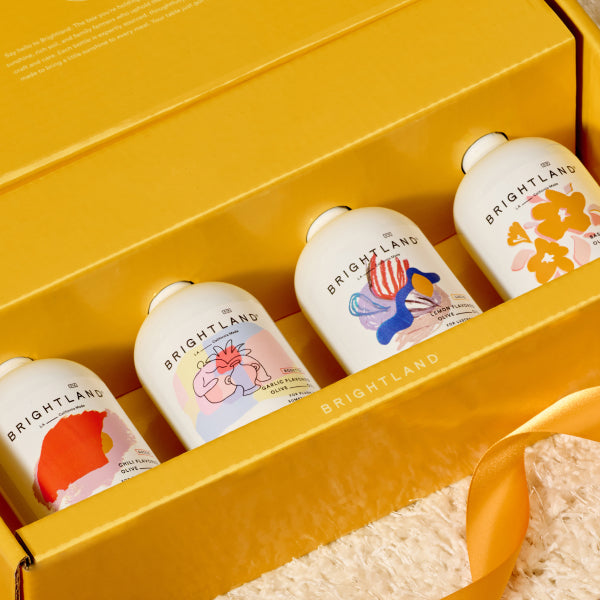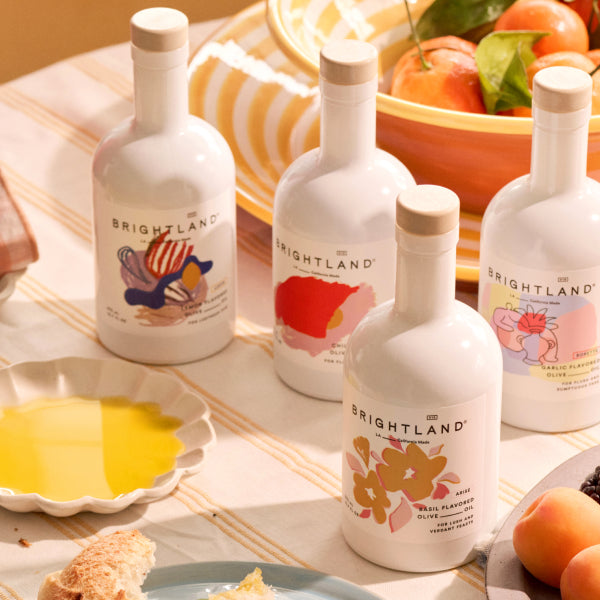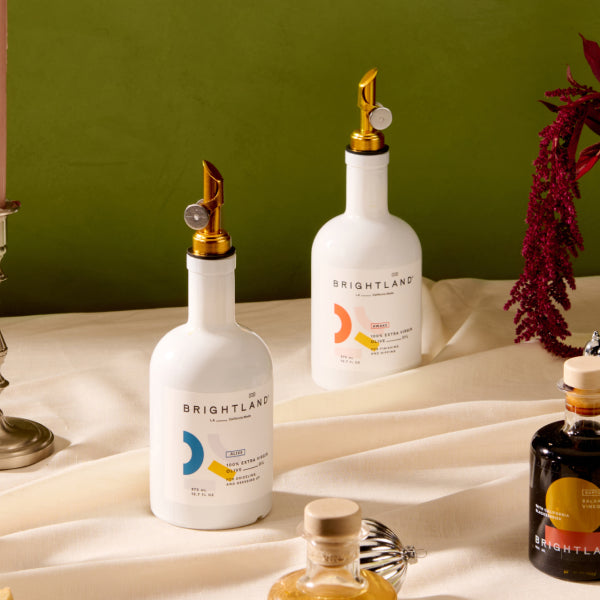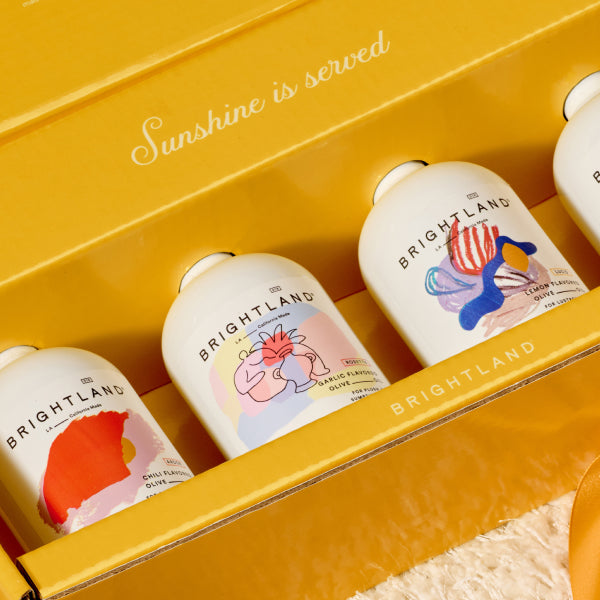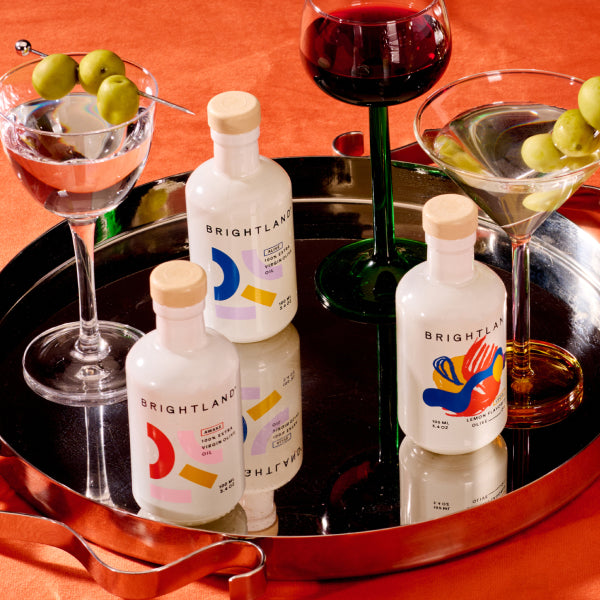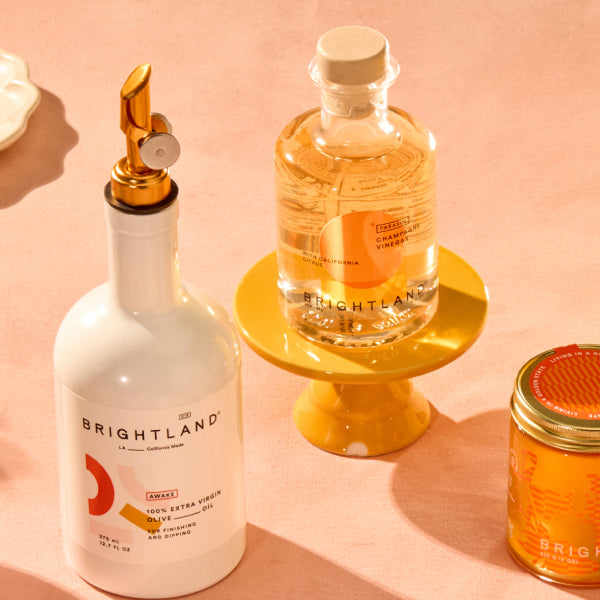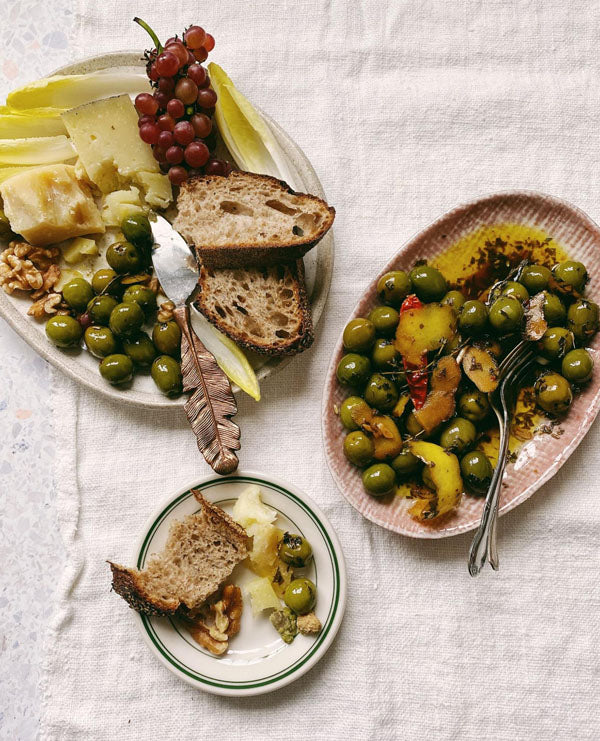We are continuing our series of cooking oil comparisons with olive oil vs. palm oil. While you might not find a bottle of palm oil in your local grocery, it is actually a very common ingredient in packaged foods as well as toiletries. Read on to learn the difference between palm oil and extra virgin olive oil when it comes to flavor, health benefits, frying and environmental impact.
[close type="rte"][open type="images" small="true"]
Palm Oil vs. Olive Oil: Flavor
Like most cooking oils, palm oil and olive oil have distinct flavors. Palm oil comes from the fruit of oil palm trees and has a savory, earthy flavor that some people say resembles carrots or pumpkins. It is a relatively neutral flavor that goes well in many dishes, which is why it is added to as many as half of prepackaged foods. In fact, you are much more likely to find palm oil already included in pre-processed foods than to see pure palm oil sitting in a bottle on the cooking oil aisle at your local grocery store.
Bottled olive oil is much more widely available than palm oil, and its delicious taste is one of the reasons it is the gold standard for cooking oils. Olive oil flavor varies according to the types of olives used to make the oil, but it is generally described as being peppery, sharp and grassy. For the most intense flavor, choose an extra virgin olive oil that has not been refined in any way. You can also buy flavored olive oils that have been infused with additional ingredients, such as lemon and chili, for an extra punch.
[close type="rte"][open type="rte"]Palm Oil vs. Olive Oil: Health Benefits
Palm oil and olive oil also have different nutritional profiles. Unfortunately, palm oil has very high levels of saturated fat. Its composition is about 50 percent saturated fats, 40 percent monounsaturated fats and 10 percent polyunsaturated fats. Saturated fats are one of the unhealthy types of fats that can raise the bad LDL cholesterol. Therefore, it is best to minimize your saturated fat intake, which means that palm oil is not the healthiest choice.
[close type="rte"][open type="images" count="1"]
Olive oil has a much lower level of saturated fat (around 14 percent) with a full 75 percent being monounsaturated fats and the remaining 11 percent being polyunsaturated fats. These higher levels of healthy fats make olive oil the better choice.
Looking at other nutrients beyond just healthy fats, both palm oil and olive oil contain vitamin E. Olive oil also contains other nutritional compounds, such as other vitamins, polyphenols, antioxidants and more. Thus, olive oil offers more nutritional benefits overall than palm oil does.
Palm Oil vs. Olive Oil: Frying
Palm oil does have a slightly higher smoke point than olive oil — 450 degrees Fahrenheit for palm oil and around 400 degrees for unrefined extra virgin olive oil. However, both of these smoke points are sufficiently high enough to be used for at home cooking and frying projects. Most home cooking appliances rarely get higher than 400 degrees Fahrenheit, so you can use either extra virgin olive oil or palm oil for frying, whichever is your preference.
[close type="rte"][open type="rte"]The Environmental Impact of Palm Oil
Even if you have never cooked with palm oil before, you have probably seen it mentioned in the news. Palm oil is an incredibly common ingredient, not just in packaged foods but also in toiletries and animal feed. Due to this incredibly high demand, many rainforests and other ecologically important environments are being plowed over and replaced with monocrops of oil palm trees. This is devastating not just for the environment, but also for the many endangered animal species who live in the rainforests.
The palm oil industry also has other negative environmental impacts. Burning is a common method for clearing vegetation, which releases smoke and carbon dioxide, polluting the air. Palm oil mills also generate a lot of liquid waste, which results in water and soil pollution. The palm tree industry also contributes to erosion through clearing existing vegetation and planting palm trees in inappropriate locations.
Due to these factors, plus the difficulty of finding bottled palm oil, many people try to minimize their consumption and use of palm oil as a result. If you are looking for a more sustainable option, consider choosing olive oil from smaller scale domestic operations such as those at Brightland. Smaller farms have less environmental impact than big commercial operations and can also exert a higher level of quality control that oftens means more sustainable practices in the long run.
[close type="rte"][open type="images" count="1"]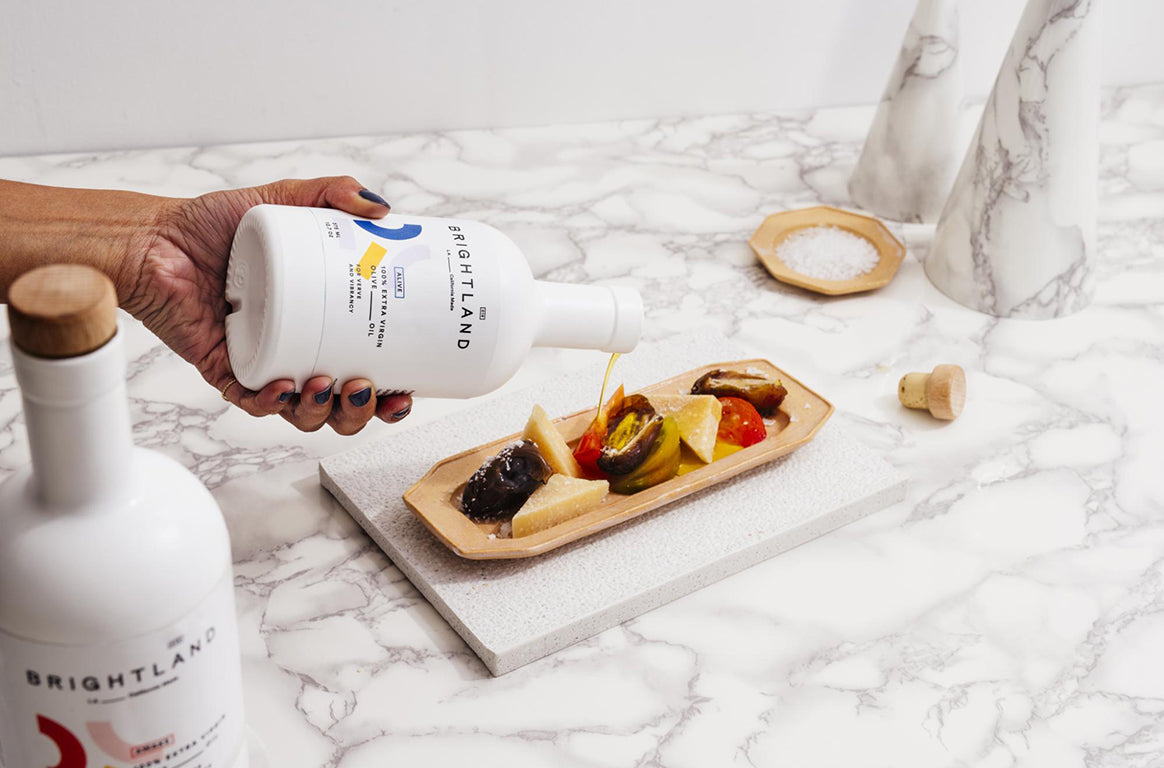
[close type="images"][open type="rte"]
If you are looking to try some high-quality olive oil, then we recommend our Brightland olive oil set, which features two different extra virgin olive oils for a variety of flavors. We also offer a selection of infused olive oils if you are looking for even more flavors, as well as a variety of other pantry staples such as vinegars and honeys. Order today!
[close type="rte"]
